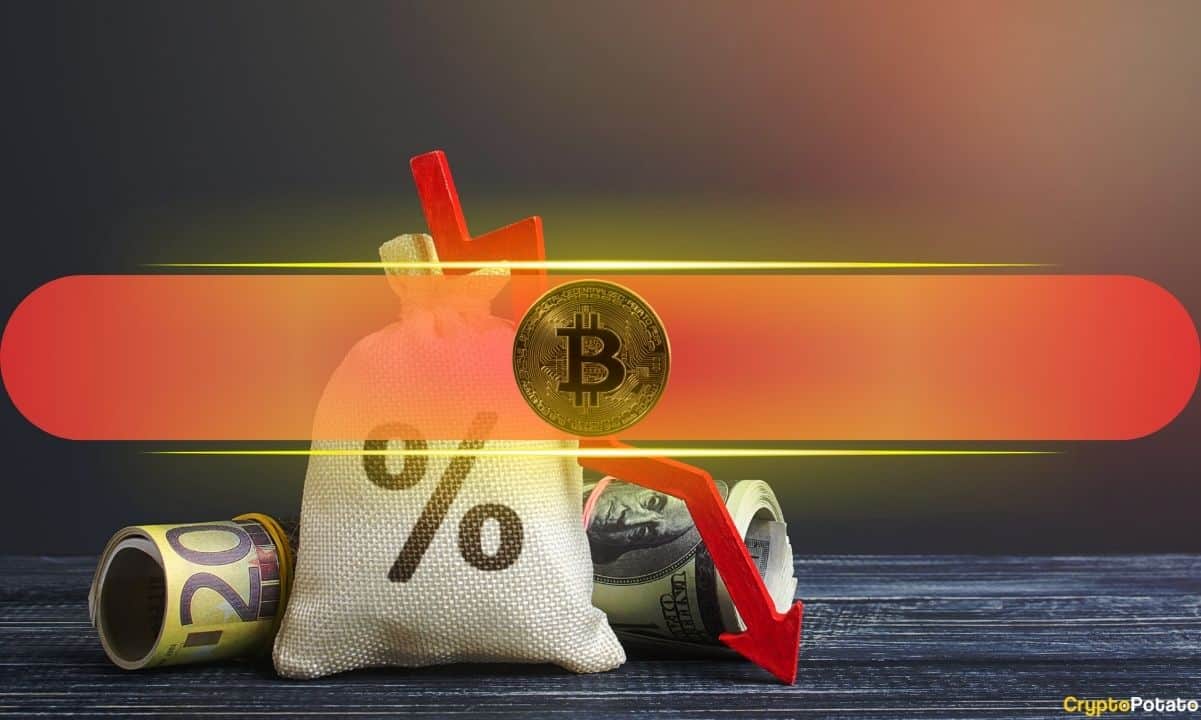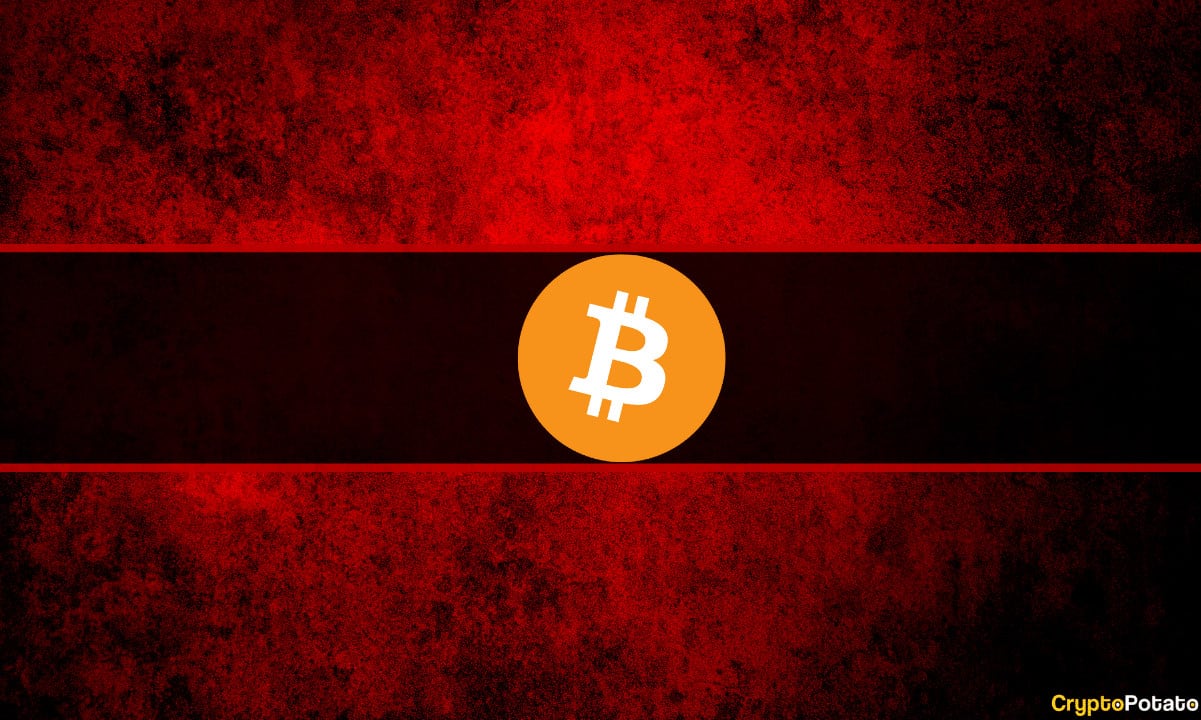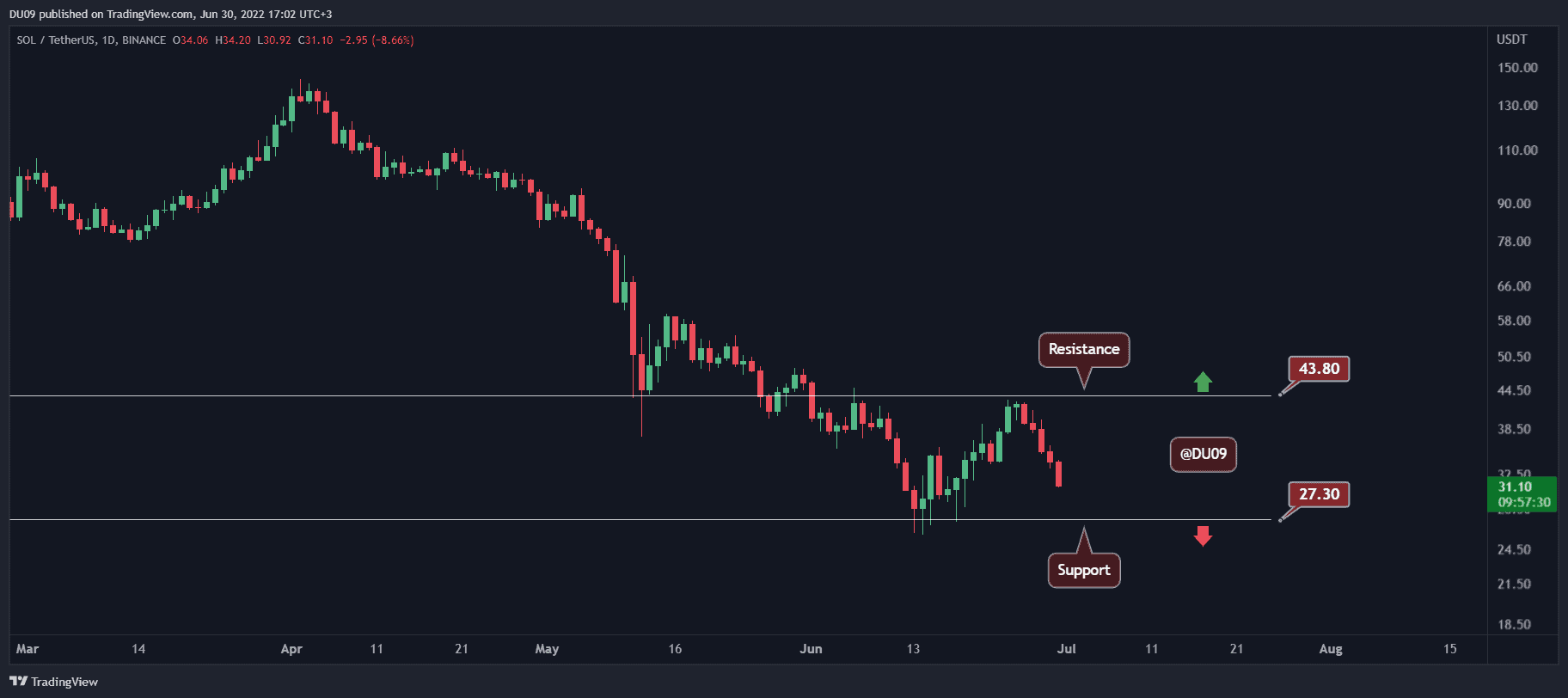US House Passes $1.9 Trillion COVID-19 Relief Package, $1,400 Direct Check Provisions Included
This past weekend, the US House of Representatives passed President Biden’s $1.9 trillion stimulus bill, sending the piece of legislation to the Senate for a vote.
Some of the notable parts of the bill include increased funding for vaccine distribution and schools, direct funding to state and local governments, and $1,400 checks to Americans making less than $75,000 annually. While this aid is desperately needed by the American people, it brings up larger points about the direction the financial system is headed.
Sending out the Checks
Direct stimulus checks were one of the biggest campaign-promises from the Democrats during the Georgia Runoff Elections, and it seems that the US Government might be one step closer to delivering on that promise.
The bill, which includes a minimum wage increase to $15 per hour, passed in the House with a 219-212 vote down party lines. Despite support from 76% of voters, not a single Republican representative voted for the bill, along with two Democrats who broke with the party to vote no.
However, the current iteration of the bill is unlikely to be the version that President Biden will sign. Procedural roadblocks and a bit of Democrat inaction are preventing the minimum wage increase from passing the Senate, and more than likely, the minimum wage provisions will be removed. The bill will be sent back to the House to be voted on again, without the minimum wage increase, before landing on Biden’s desk. We are now over a month into the Biden presidency, and many Americans are wondering where those “Day One” payments are.
This newest relief bill, if passed, will be the third major stimulus bill passed by the United States government since the start of the COVID-19 pandemic. It comes after the December 2020 stimulus package, which extended the eviction moratorium, additional PPP loans, $600 direct payments to Americans, in addition to the previous $6.2 trillion CARES Act, which was passed in March of last year. However, the Federal Reserve pumping money into the economy does have repercussions, some felt rather quickly.
Money Printer Go Brrrr
The stimulus last year contained nearly $4 trillion getting pumped in to prop up various top financial institutions, sending waves throughout the international currency markets. The US Dollar started losing value shortly after the bill was signed into law and has been on the decline ever since. Since March of last year, the US Dollar has fallen 10.5% and 10.3% to the British Pound and Euro, respectively. While the new stimulus bill is considerably smaller, it is still likely it will affect Dollar in the coming months.
Worries regarding the devaluation of the dollar are nothing new, however. Cryptocurrency users have long pointed out the issues with the state being able to effectively print infinite money.
Bitcoin and other digital currencies have long touted the advantages of having a provably limited supply, where the minting of new coins is an algorithmic process that is defined in advance. And it seems like investors believe those types of systems may have some benefits.
As the major economies around the world continue to struggle, people may start looking towards cryptocurrencies as a safer place to hold their wealth rather than continuing to let it devalue.









